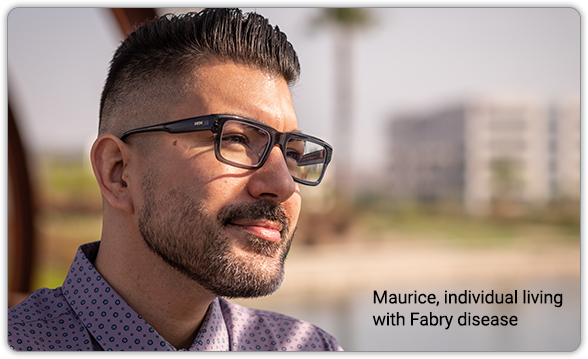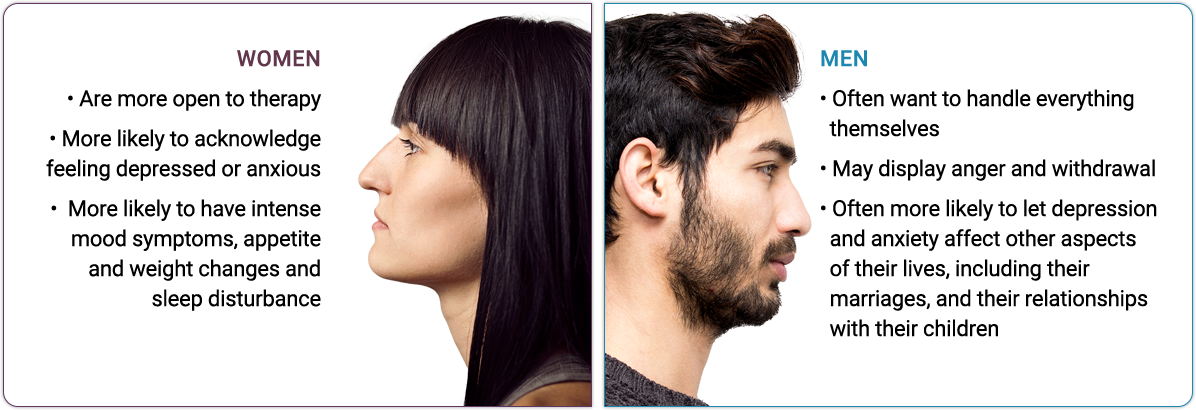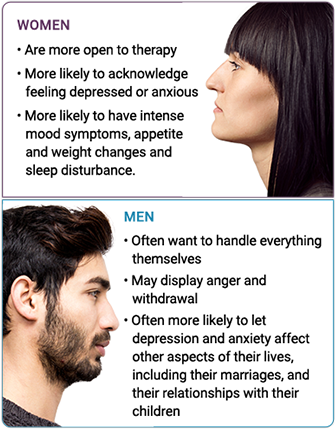Free yourself and
your loved ones from stigma.
Free yourself and
your loved ones from stigma.

"I didn’t ask for help because I thought asking for help is a sign of weakness."
There are real differences in how men and women approach their mental health. Symptoms of mental illnesses like anxiety and depression may be different in men and women as well.


Knowing the facts can help educate others and reject stigmatizing stereotypes.

1 in 5 Americans live with a mental health condition and each of them has their own path that says more about them than their diagnosis does.
Join thousands of people across the country in pushing for better legislation and policies to improve mental health care for everyone.
Studies consistently show that therapy and lifestyle interventions work just as well or better than medication for treating various mental health conditions, including anxiety and depression. Caring for your physical and mental health creates positive changes in the brain, and therapy can teach valuable skills for managing symptoms and facing challenges.
It may take time to find a therapist that you feel comfortable with, but it's important to keep looking.

It may take time to find a therapist that you feel comfortable with, but it's important to keep looking.
Finding the right therapist is like finding the right shoes – you have to keep trying them on until you find the right fit.










